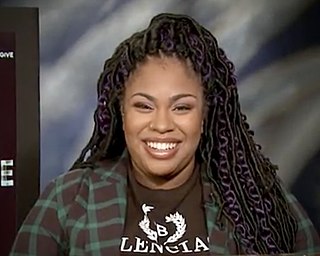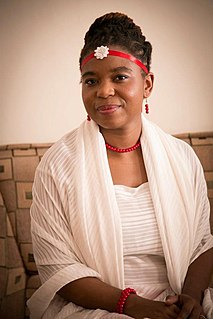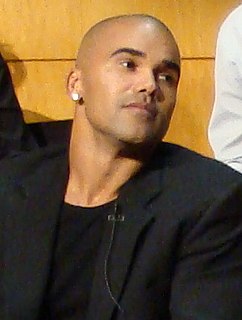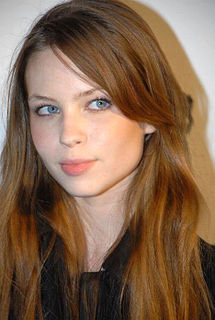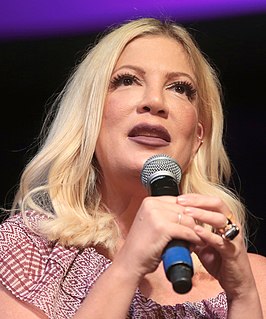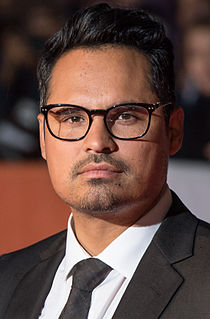A Quote by Rudy Ray Moore
Back in the 1970s, it was mostly all-black audiences coming into the theaters. So, we presented stories they could relate to.
Related Quotes
I kept writing short stories and sending out my manuscript, and it kept coming back like a bad penny. It was rejected all over town, quite often in very complimentary terms, but rejected nonetheless. Agents would return it saying that they loved it but didn't think they could sell it, or they would ask if I could change the collection into linked stories.
I've had frank conversations with theaters who say, 'We love your play, but we've already done a play by another black person this year,' or 'I don't think the kind of people you write about are the ones our audience wants to see'... Up and coming young black female writers are still struggling to have their voices heard and have their plays produced.
I don't think that people are necessarily going to films simply because they were adapted from comics, though I could be wrong. Comics aren't really misunderstood either, they've just been mostly silly for the past century, and those genre-centered stories have found their way into the movie theaters over the past couple of decades because a generation who grew up reading them has, well, grown up.
In my time since moving to the United States, I've found that there is a dearth of great writing for black people. There are stories that depict us in a way that isn't cliched or niche, and that a white person, a Chinese person, an Indian person can watch and relate to. Those are the stories I want to be a part of telling.
I lived right on the borderline of a black neighborhood. So I could go into the black area and then there'd be these ghetto theaters that you could actually see the new kung fu movie or the new blaxploitation movie or the new horror film or whatever. And then there was also, if you went just a little further away, there was actually a little art house cinema. So I could actually see, you know, French movies or Italian movies, when they came out.

